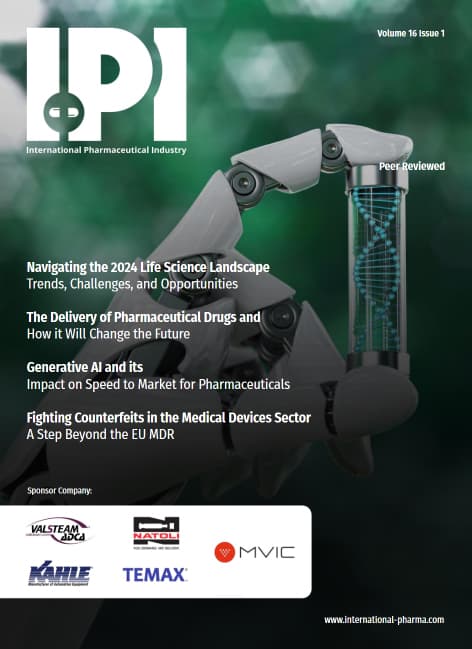Advice concerns the use of the COVID-19 vaccine when treating specific vulnerable individuals.
The National Institute for Health and Care Excellence (NICE) has issued draft guidance that fails to recommend AstraZeneca’s tixagevimab-cilgavimab – also known as Evusheld – for the prevention of COVID-19.
The advice involves treating adults who are unlikely to have an adequate immune response to COVID-19 vaccination or for whom existing vaccinations are not recommended.
NICE has been analysing Evusheld when the treatment is used to prevent COVID-19 infection in adults who are at high risk of severe infection. Among these individuals are those with immunodeficiency, people who have had a solid organ transplant and patients with cancer.
The guidance comes after last month’s decision by the US Food and Drug Administration to withdraw its emergency use authorisation for Evusheld as a preventative treatment, highlighting insufficient evidence of impact.
Evusheld did show some effectiveness against some older Omicron variants in the in vitro studies. However, the studies showed clearly that it did not work against the current common and fastest-growing variants.
NICE’s independent appraisal committee duly reached the same conclusion having considered evidence that shows Evusheld is unlikely to prevent infection among variants currently circulating in the UK now and, indeed, future variants.
Helen Knight, director of medicines evaluation at NICE, reflected: “We know that today’s decision will be disappointing for the many thousands of people who do not get the same protection from vaccination against COVID-19 as most people and who therefore continue to significantly modify their behaviour to avoid infection.”
She added: “The rapidly evolving nature of COVID-19 means we need to have a way of establishing the cost-effectiveness of existing medicines against current variants in an agile way. That is why we are developing a process to monitor real-world data and re-evaluate the medicines as needed against that data in a faster way than we currently do for other drugs.”
Meanwhile, NICE has also revealed that it is developing a new review process to update recommendations on cost-effectiveness in terms of COVID-19 treatments. This will enable it to make treatments available much more quickly to patients when promise against new variants has been demonstrated.

























